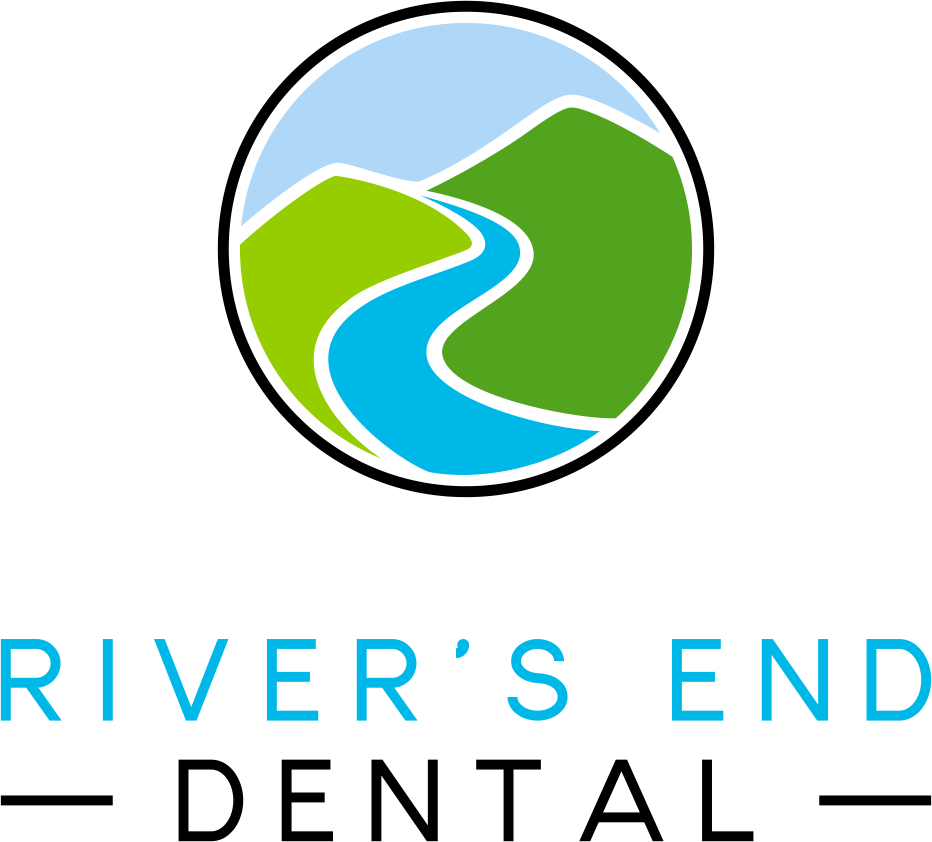Adult Dental Care
It can be tempting to let your oral care slip every once in a while. Life gets busy and your dental routine may be the last thing on your mind. However, it is worth taking the extra time to properly tend to your oral health. Even a small amount of tooth decay or gum disease can grow if left untreated. What started as a small issue can lead to pain, the need for emergency treatment, or even tooth loss. Taking action early can help prevent the spread of these infections.
Our mouths contain millions of bacteria. Most of these organisms are harmless, and some even serve a necessary function when it comes to your oral health. However, certain bacteria can pose a significant threat to the hard and soft tissues of the mouth.
These harmful bacteria cause issues such as gum disease and cavities. They do so by feeding off of the sugars and simple carbohydrates in our mouths in order to create energy. Not only does this process allow bacteria to spread and grow, but it also creates an acidic waste on our teeth.
The residual waste left behind by bacteria can cause erosion of the enamel surface of our teeth. If this process continues, it eventually leads to the development of cavities.
Sometimes these bacteria cause bleeding gums and destruction of the bone around the teeth. This type of infection is the leading cause of tooth loss in adults, and one of the most common reasons people end up needing dentures. Infections like these can also reach past your mouth to have a serious impact on other areas of your body.
Research has demonstrated the link between dental health and overall health. Infection causes inflammation, and this duo can easily spread from one area to the other through the bloodstream. The flow of blood moves harmful bacteria through the body, allowing them to access vital organs like our hearts and brains. Once bacteria damage the delicate vessels within these organs, they can cause blockages and potentially lead to a heart attack or stroke.
This entryway into the body allows mouth bacteria to form deposits in areas other than just the teeth and gums. These deposits have been linked to arthritis, diabetes, and certain forms of cancer. This established link between dental health and overall health gives us even more incentive to protect ourselves from harmful bacteria.
Since these infections cannot be cured with antibiotics, preventive care is the best method for maintaining a healthy smile.
During a checkup at River’s End Dental, we eliminate the mineralized deposits where these bacteria typically grow. If you come in for regular cleanings, we can easily spot these problems in the early stages.
We offer fluoride varnishes that strengthen the enamel of your teeth, and many other options for keeping your mouth as healthy as possible. If you have concerns about your risk for infection, we are here to help. We know our role in your overall health is important, so we collaborate with each patient to address all concerns. Together, we can establish the ideal plan to keep you healthy and happy.
If you want to maintain a healthy mouth, check out this list of tips below:
Come in for a checkup twice a year: By making an appointment every six months, you lower your risk of major dental problems dramatically. If you make time for preventive dental care now, you will likely incur fewer dental expenses in the long term.
Brush and floss your teeth twice a day: Frequent dental care is key for removing plaque. Establishing these habits can prevent decay, gum disease, and further health issues. If you, like many of our patients, don’t enjoy flossing, you have other options. We can discuss Waterpiks, toothpicks, or other brushes to make sure your dental routine tackles those hard to reach areas.
Always brush your teeth for at least two minutes: This amount of time ensures the deepest clean. To keep track of how long you are brushing, try an electric toothbrush with a built-in timer, or set your own timer before you begin.
Make sure to rinse your toothbrush thoroughly after use: Bacteria can stick to the bristles of your brush. If you don’t rinse your brush thoroughly, this bacteria can reenter your mouth the next time you use it.
Minimize consumption of drinks containing excess sugar, starchy foods, and desserts: Starches and sugars in these foods are the ideal energy source for harmful bacteria. Even with a meticulous dental care routine, these foods can accelerate the rate of decay. Keep the consumption of these foods, as well as all snacking between meals, to a minimum.
Use a straw: Consuming sugary drinks with a straw can prevent them from coating the teeth with sugar. When sugar coats the teeth, it creates the perfect environment for bacteria to grow, so using a straw can help prevent cavities and infections.
Drink water after eating: Hydrating after a meal is always a good idea, but water also helps by eliminating larger bits of food. Large food deposits quickly attract bacteria, so if you can’t brush your teeth, drinking water is a good solution in the meantime.
Address any cavities as soon as possible: The first time you notice a cavity it may have already done significant damage. Even a small amount of tooth decay or gum disease can grow if left untreated, so come to our office to discuss any concerns as soon as they arise.
